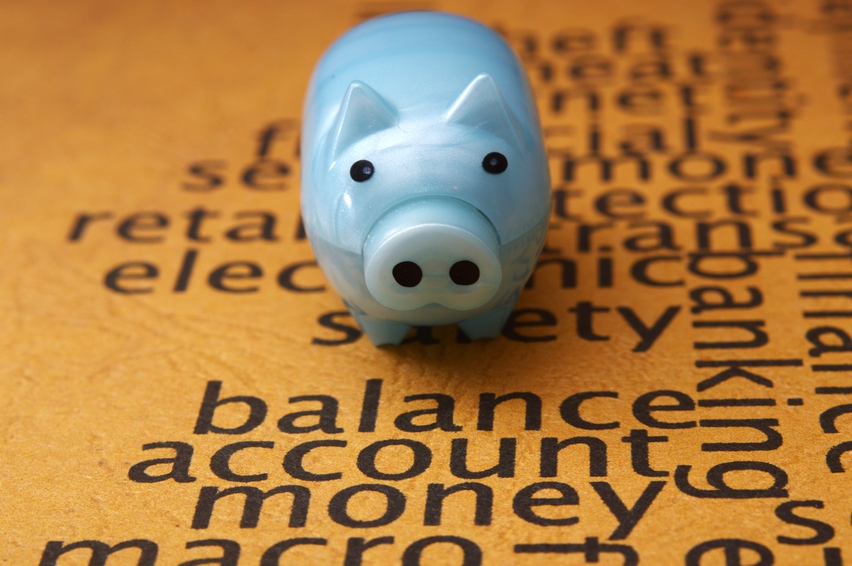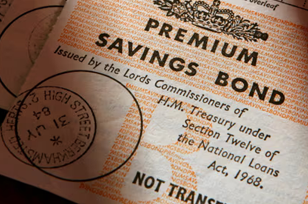Credit cards explained
A credit card allows you to spend up to a pre-determined amount, on credit. You then pay the money back by an agreed time. If you pay on time, there are no interest payments. If you are late with a payment, or don’t pay at all, then there are high interest payments. Credit card providers decide how much your limit is on an individual basis, based on their assessment of how risky your financial situation is.
When should I apply for a credit card?
Credit cards are a very secure way to get some extra money over a set period of time. If you are sure that you can follow the monthly repayment schedule, then it could be your best option. But the interest on missed or delayed payments really does grow quickly and can end up becoming a long-term debt issue. How you deal with your credit card also forms part of your credit score, something else that can take a long time to rectify. If you are considering a credit card, it may be wise to do a full Money Health Check before you fill out the application. Get all your other financial bits and pieces in order first, so you have a clear picture of what you can afford.
Credit card facts:
- You have to be 18 to apply, for some cards its 21
- Credit providers assess your financial situation thoroughly on application
- Good credit score increases your chance of being given a credit card and may mean you are offered better deals
Top tip
Pay the minimum monthly amount (at least) by direct debit, so you don’t have the stress of remembering to pay.
Positives about having a credit card
- Financial flexibility – you can make a purchase now and pay for it later
- High security – if lost or stolen
- Can use almost anywhere – credit cards are accepted in places that do not allow payment by prepaid cards or charge cards
- Purchase protection – purchases between £100 and £30,000 are covered if you use a credit card to pay for them. For example, if you book an event and the venue goes bust, the credit card company you used would most likely cover the cost.
- Added extras – like points, cashback or air miles can be earned when you use certain credit cards
Credit card pitfalls
- Some cards are extremely expensive to use abroad. Check this out before you apply.
- Interest: if you haven’t paid the balance due at the end of every month, then you interest is instantly added on to this balance. This quickly escalates into unmanageable amounts if you carry on spending on your credit card without clearing the monthly bill. Companies are also well within their rights to charge you a penalty for any late payments or for going over your contracted credit limit.
- It costs about 4% to take your own cash out of a cash machine using your credit card – don’t do it.
- If you use your credit card for ‘pre-authorisation’ then part of your credit allowance is ‘on hold’ and you won’t be able to access it. It can take a couple of days before this goes back to normal after the ‘hold’ has been lifted. For example, when you stay in a hotel and they retain your card details so that you can’t run off with the bathrobes and mini bar contents without paying.
Different types of credit card
There are a variety of different credit cards available for different purposes.
For example, some are specifically designed for people who frequently travel abroad. These often remove or reduce the fees that other credit cards charge for each individual purchase you make on your credit card when you are abroad. Weigh up your options carefully because they may be a great deal when you are abroad, but have less favourable policies when you are in the UK.
As with most money matters you need to compare and shop around for your best value credit card deals – whatever your reason.
What is a balance transfer?
This is the ‘switch’ of the credit card world. If you have a high credit card balance on your current card, you can transfer that balance to a new card with a lower (or 0%) interest rate. There are two ways of doing this:
Lifetime balance transfers
This gives a low interest rate for the lifetime of card, without an expiration date. You just have to make sure that the minimum payments are always made on time. You need to work out the comparative spend over time to see if this is better value than a 0% introductory offer. You can add further balance transfers later and it just gives you longer to pay off the amount. Watch out for any fees and check out the penalties for missing payments before you sign up.
Introductory Rates
This is a credit card with a very low or 0% interest rate for a set ‘introductory’ period. This ranges from 3 months to 24 months and is a great selling point. If you have high interest balance to transfer, these are great because you can really see the actual balance being paid off (not just the interest). Obviously, once the introductory period is over, there will be a usual higher interest rate charged. If the numbers work out and you can pay off the debt within the introductory period, it’s a great opportunity.
















